8 GPTs for Litigation Strategy Powered by AI for Free of 2026
AI GPTs for Litigation Strategy are advanced generative pre-trained transformers designed to assist in legal disputes and case preparations. These AI tools analyze vast amounts of data to predict outcomes, suggest strategies, and provide insights on legal precedents, relevant laws, and potential arguments. They are tailored to meet the specific needs of legal professionals, enhancing their ability to formulate effective litigation strategies. By leveraging natural language processing and machine learning, these GPTs offer personalized recommendations and support, streamlining the litigation preparation process.
Top 8 GPTs for Litigation Strategy are: Data Hermit - AI Legal Assistant,Donna AI,Patent Litigation Expert (UPC and Germany),诉讼指南,AbogaBot GPT,Data Meister: For Decision-Making Trees in Law,Patent Law Expert,Lawyers, but not your lawyers
Data Hermit - AI Legal Assistant
Your AI-Powered Legal Expert
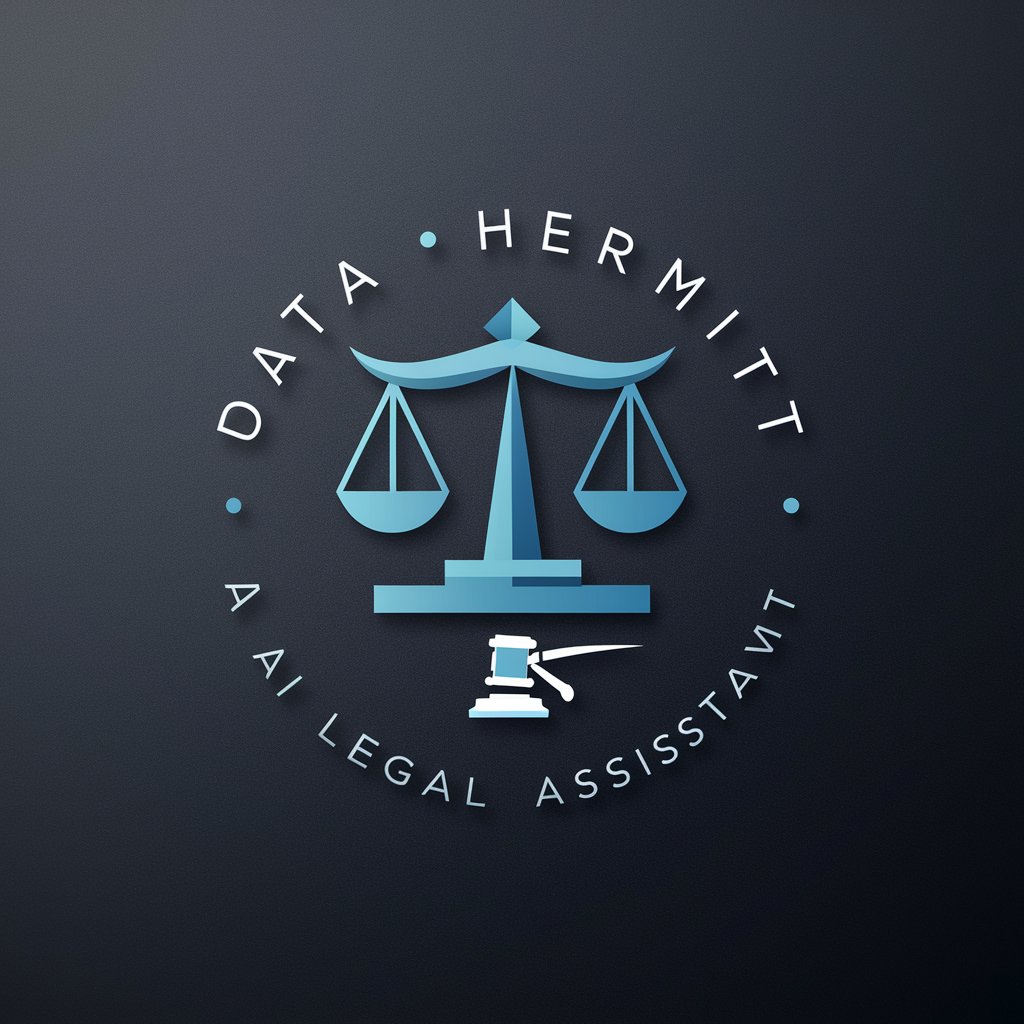
Donna AI
Empowering Legal Practice with AI
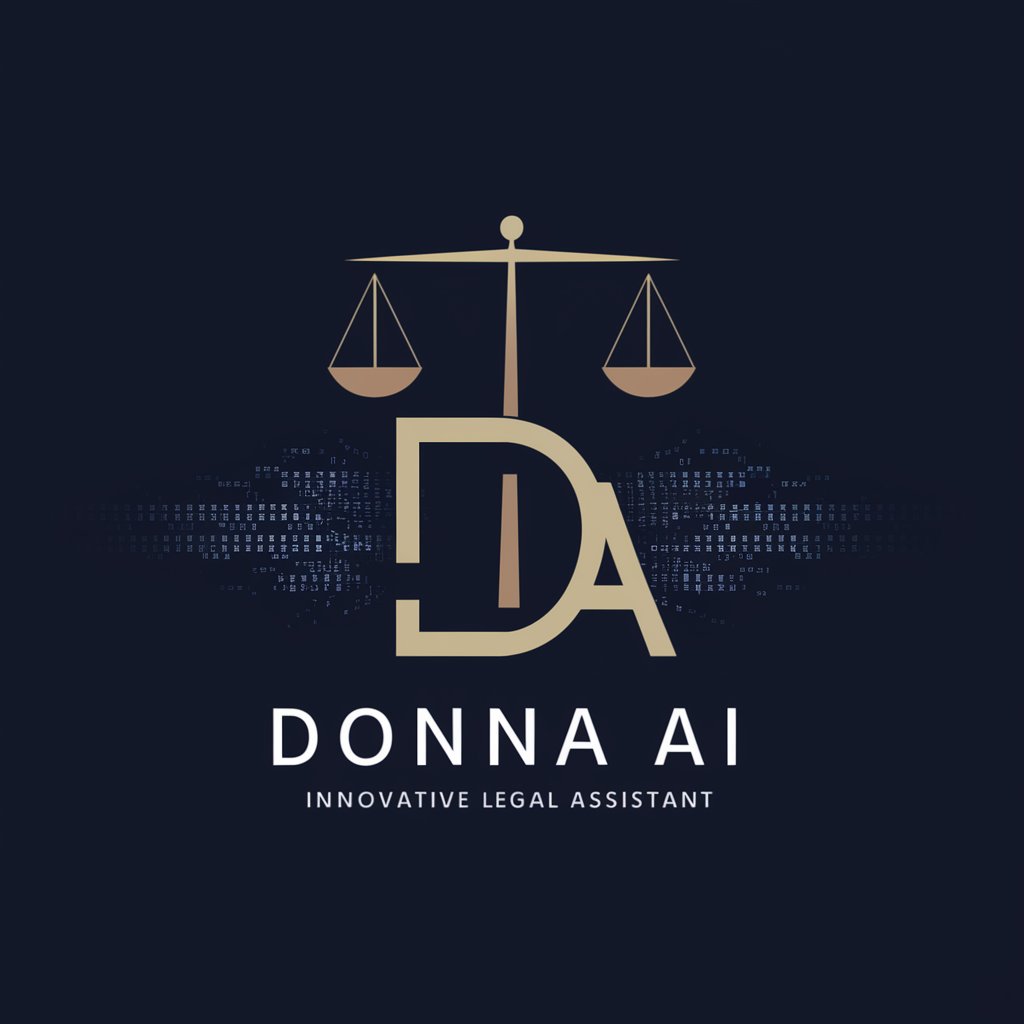
Patent Litigation Expert (UPC and Germany)
AI-Powered Patent Litigation Guidance
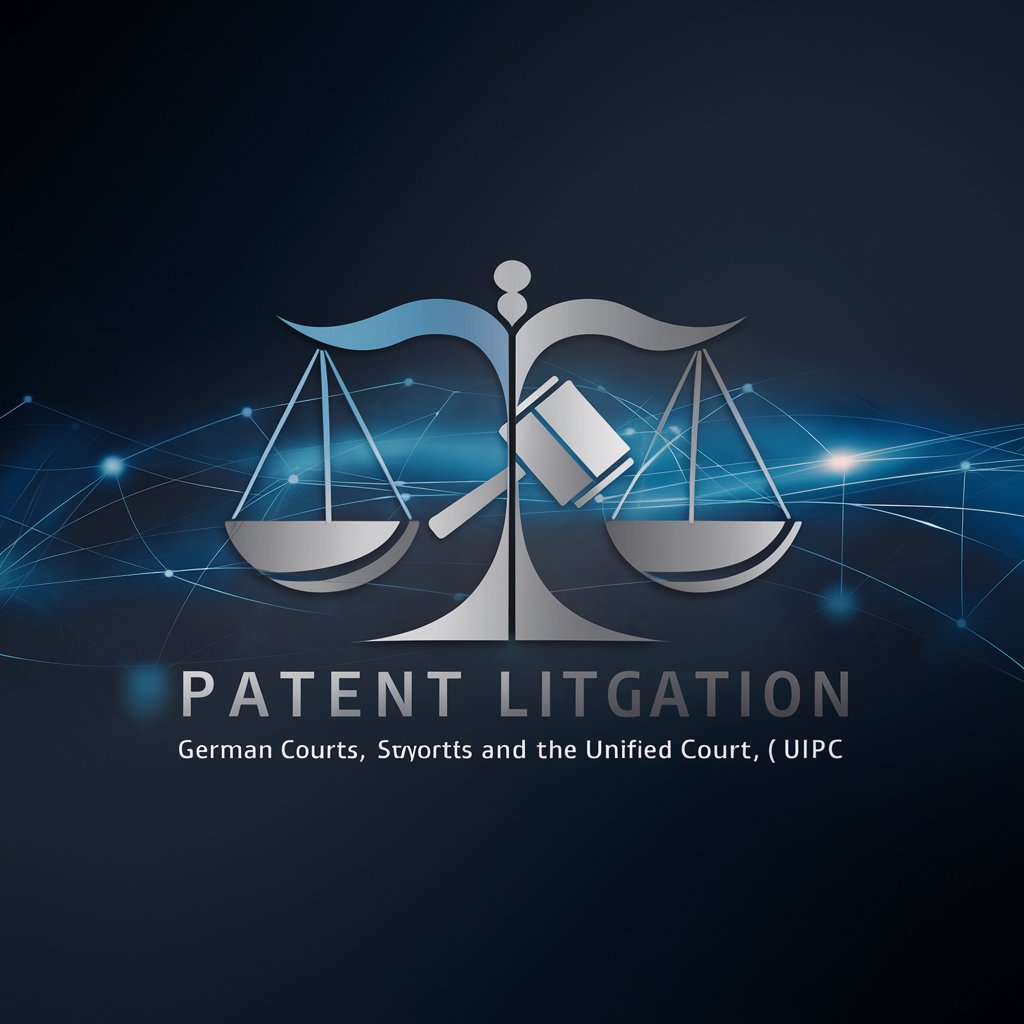
诉讼指南
Demystifying Litigation with AI

AbogaBot GPT
Empowering Legal Decisions with AI
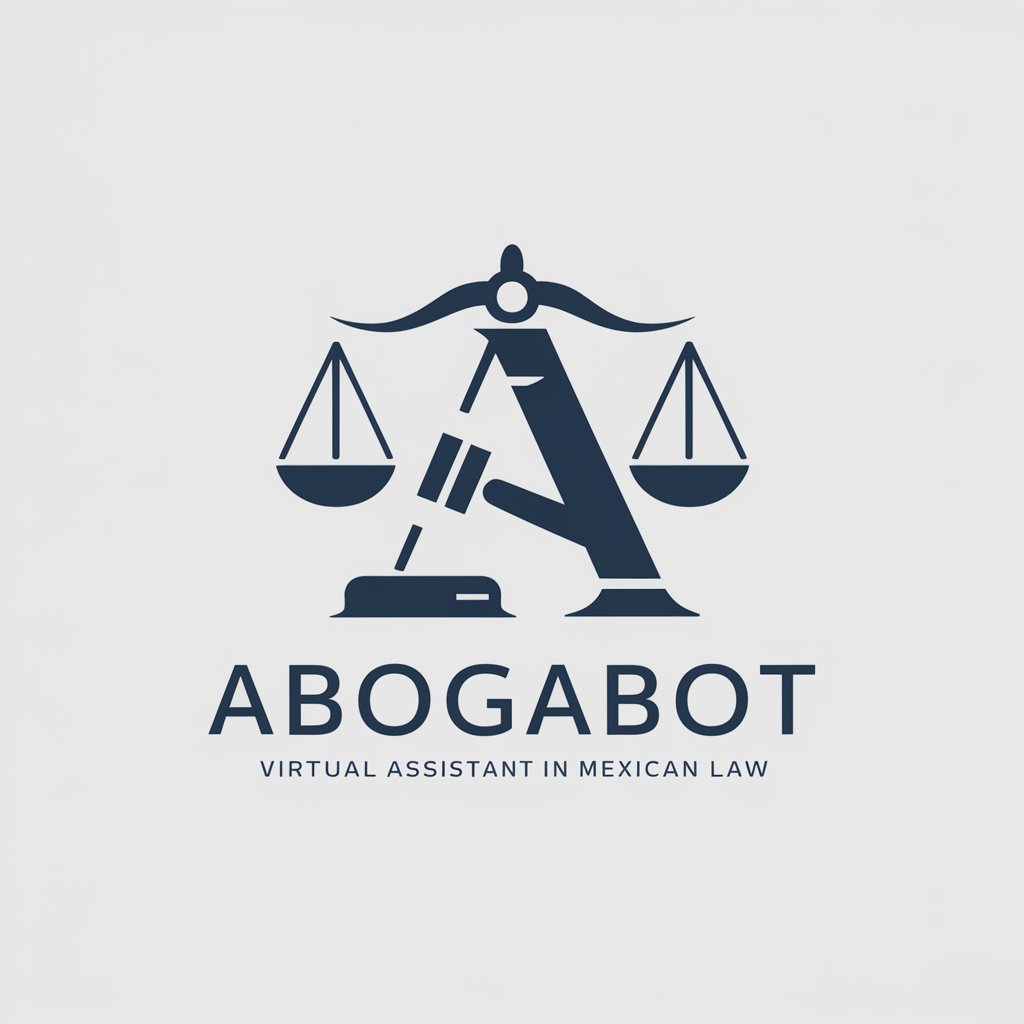
Data Meister: For Decision-Making Trees in Law
AI-powered legal strategy and analysis

Patent Law Expert
Your AI-powered patent strategist
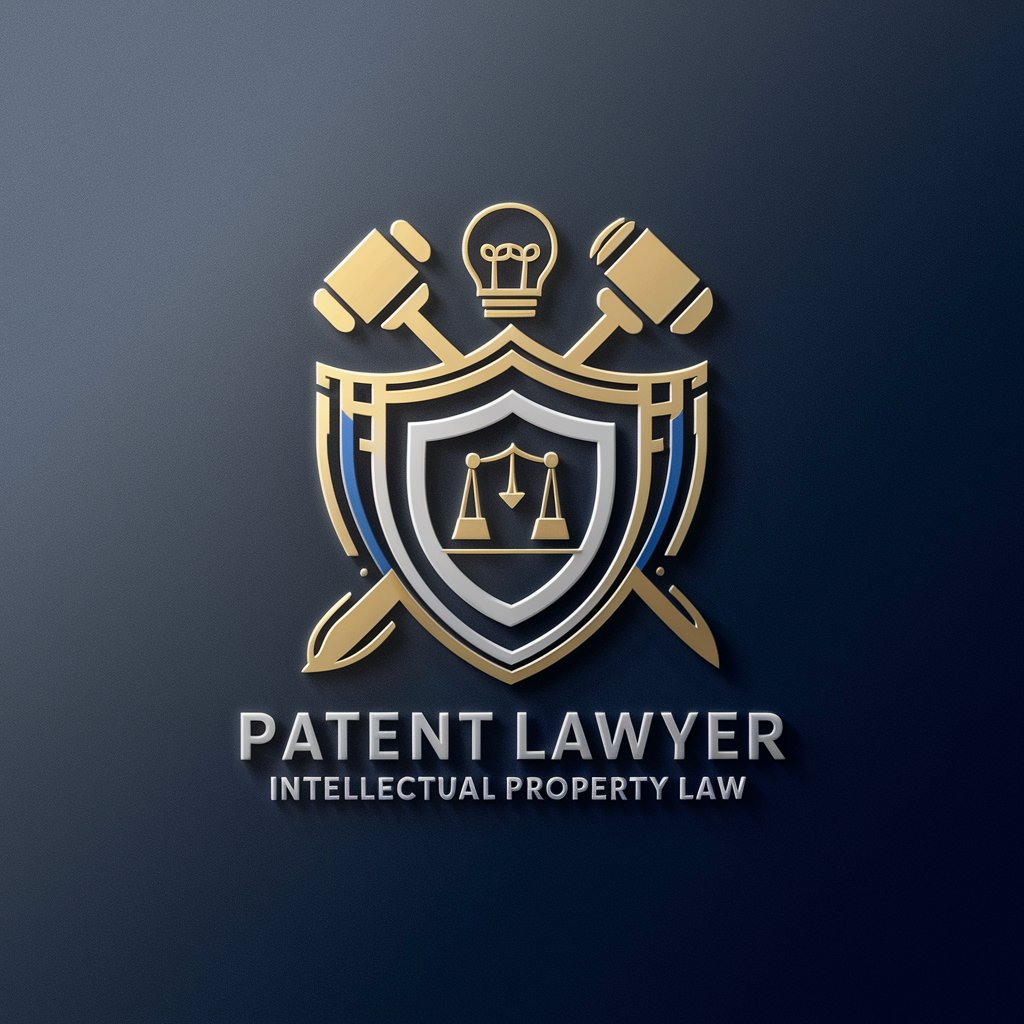
Lawyers, but not your lawyers
Revolutionizing legal assistance with AI-powered insights.
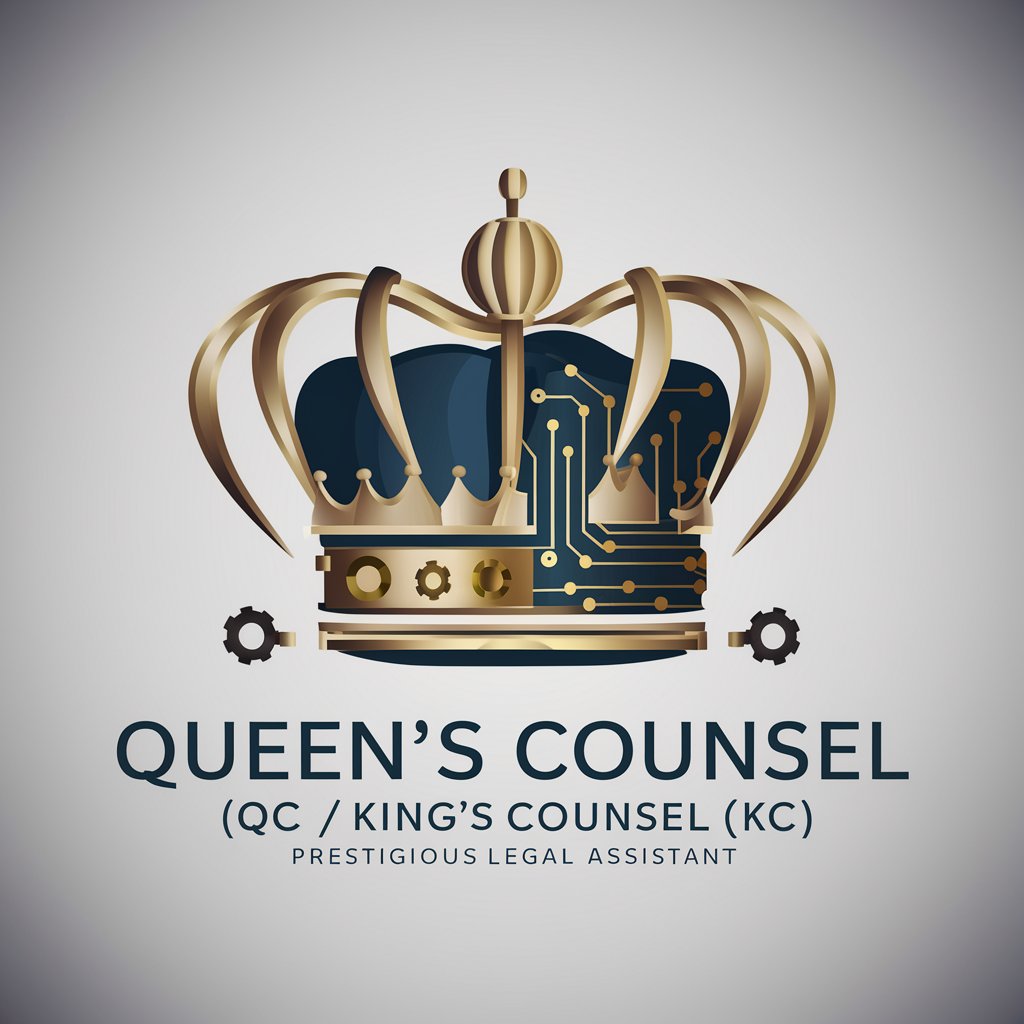
Key Attributes and Functions
AI GPTs for Litigation Strategy come equipped with a variety of features designed to optimize legal proceedings. These include predictive analysis of case outcomes, automated document review, generation of legal arguments, and personalized legal research assistance. Their adaptability ranges from simple tasks, such as drafting standard legal documents, to complex analyses, like predicting trial outcomes based on historical data. Special features include advanced language understanding, technical legal support, capability for extensive web searches, and sophisticated data analysis to inform litigation strategies.
Who Benefits from Litigation Strategy AI Tools
The primary users of AI GPTs for Litigation Strategy include legal professionals, law firms, corporate legal departments, and law students. These tools are accessible to novices without coding skills, offering intuitive interfaces and guided assistance. Simultaneously, they provide extensive customization options for developers and seasoned legal practitioners seeking to tailor the tools to specific case needs or integrate them into larger legal tech ecosystems.
Try Our other AI GPTs tools for Free
Court Fees
Explore AI GPT tools for Court Fees, designed to simplify legal financial planning with up-to-date calculations, integrations, and insights for professionals and individuals alike.
Procedural Guidance
Discover how AI GPTs for Procedural Guidance revolutionize step-by-step task execution with advanced AI technology, tailored for both novices and professionals.
Poetic Exploration
Explore the realm of poetry with AI GPT tools designed for poetic exploration. Unleash creativity, analyze poetic forms, and learn with advanced AI technology.
Date Selection
Discover how AI GPTs for Date Selection revolutionize planning and scheduling with tailored, efficient solutions. Perfect for professionals and developers alike.
Personal Networking
Discover how AI GPTs for Personal Networking can transform your professional connections with advanced, user-friendly tools designed to expand your network efficiently and effectively.
Role-Specific Training
Discover how AI GPTs tailored for Role-Specific Training can revolutionize professional learning, offering customized solutions for every career path.
Expanding Horizons with AI in Legal Strategy
AI GPTs for Litigation Strategy exemplify how cutting-edge technology can transform traditional sectors by providing customized solutions. Their user-friendly interfaces facilitate easy adoption, while the potential for integration with existing systems ensures that legal professionals can leverage AI to make more informed decisions, streamline workflows, and achieve better outcomes in legal disputes.
Frequently Asked Questions
What exactly are AI GPTs for Litigation Strategy?
They are specialized AI tools using generative pre-trained transformers to assist in legal case analysis, strategy formulation, and research, tailored for the litigation process.
How can these AI tools improve litigation outcomes?
By analyzing historical data, legal precedents, and current laws, they can predict case outcomes, recommend strategies, and automate document review, enhancing decision-making and efficiency.
Are these tools suitable for non-technical users?
Yes, they are designed with user-friendly interfaces that require no coding knowledge, making them accessible to legal professionals regardless of their technical expertise.
Can developers customize these AI GPTs for specific cases?
Absolutely, these tools offer APIs and development platforms that allow for customization and integration with existing legal tech tools or databases.
Do these AI tools replace human lawyers?
No, they serve as a complement to human expertise by automating routine tasks and providing data-driven insights, allowing lawyers to focus on more strategic aspects of litigation.
How do these tools handle privacy and data security?
AI GPTs for Litigation Strategy are built with advanced security measures to ensure confidentiality and compliance with legal standards for data protection.
Can these tools be integrated with existing legal software?
Yes, many of these AI tools are designed for easy integration with popular legal management software, enhancing their utility without disrupting existing workflows.
What makes AI GPTs unique compared to other legal tech tools?
Their ability to learn from data, predict legal outcomes, and generate contextually relevant legal content in natural language sets them apart, offering a higher level of assistance in litigation strategy formulation.